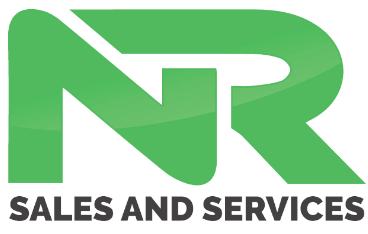
The Customs Clearance Process
The customs clearance process in St. Kitts and Nevis involves several steps that need to be followed when importing
goods into the country. Keep in mind that import regulations and procedures can change, so it’s essential to stay updated
with the latest information from St. Kitts and Nevis Customs and Excise Department or relevant authorities. Here is a
general overview of the customs clearance process:
1. Import Declaration Submission: The process begins when you or your customs broker submit an import declaration to the St. Kitts and Nevis Customs and Excise Department. This declaration includes details about the imported goods, their value, origin, and other relevant information.
2. Customs Assessment: The Customs Department assesses the import declaration to determine the appropriate duties, taxes, and charges applicable to the imported goods. This assessment considers factors like the type of goods, their value,
and any applicable trade agreements.
3. Payment of Duties and Taxes: Once the customs assessment is completed, you need to pay the import duties, taxes, and any other applicable charges. This payment is usually made to the Customs Department.
4. Document Verification: The Customs Department verifies the accuracy of the import declaration and associated documents, including invoices, packing lists, and shipping documents. Ensure that all documentation is complete and accurate.
5. Physical Inspection: Depending on the nature of the goods, the Customs Department might conduct a physical inspection of the imported goods to ensure that they match the information provided in the declaration.
6. Release of Goods: After all necessary payments, verifications, and inspections are completed, the Customs Department will provide a release order. This order allows the goods to be released from the customs area for further distribution or
delivery.
7. Delivery or Distribution: Once the goods are released by customs, they can be delivered to their intended destination or distributed to customers. If you’re a business, you can now make the products available for sale.
8. Record Keeping: It’s important to maintain accurate records of all transactions, import declarations, invoices, and related
documents for your records and for potential audits.
9. VAT and Other Taxes: St. Kitts and Nevis operates a Value Added Tax (VAT) system. If applicable, you may need to register for VAT and include the appropriate VAT amount in your import declaration and subsequent payments.
10. Customs Brokerage: Working with a customs broker can streamline the customs clearance process. Customs brokers are professionals who specialize in customs regulations and can help ensure compliance and smooth clearance of your goods.
Remember that the customs clearance process can vary based on the nature of the goods, their value, and any
special requirements. It’s advisable to consult with a customs broker or the St. Kitts and Nevis Customs and
Excise Department to obtain accurate and up-to-date information specific to your import situation.

No Comments